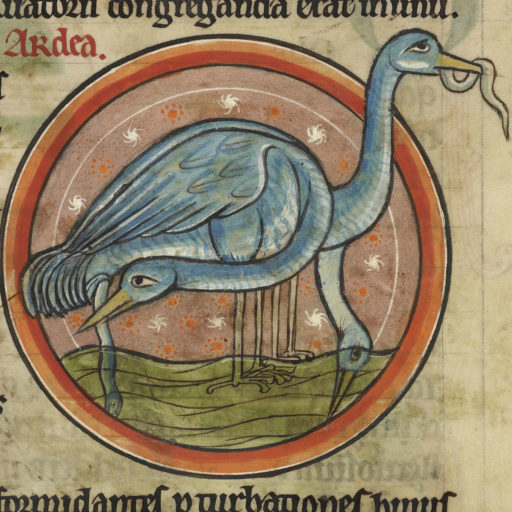
This website is offers space to tell stories about the role that eels have played in our histories. Most of the work here will likely deal with eels in European history, and specifically with their place in England’s past. This is my background, and many of the small histories here are drawn from my own research.
But eel history does not just belong to the English, or the Dutch, or the Europeans. For most of human history eels have been an important source of food, and an important part of cultures, the world over. It is a mistake to think of eels as belonging to any single people or time. They swim across all the borders of scholarship that we set up — academic boundaries of periodization, specialization, or region are not concerns of the eel.
I strongly believe that we should pay attention to the eels in our history, because it will help to focus on the plight of the fish in our present world. Eels are a critically endangered species. They face threats from climate change, pollution, habitat loss, hydroelectric dams, and black market smuggling. But because eels are neither majestic nor cuddly it has proven difficult to convince people that they are worth saving. Understanding the deeply intertwined history that we have with eels is one way to make their plight matter. And that is the purpose of this site.
For more information on the fight to save eels, and to build sustainable eel fishing practices, you can look to the work of the Sustainable Eel Group, the nonprofit Eeltown.org, the Glaven Eel Project, and more.
Thank you for your interest!
John Wyatt Greenlee (bio)
The Surprised Eel Historian @greenleejw
